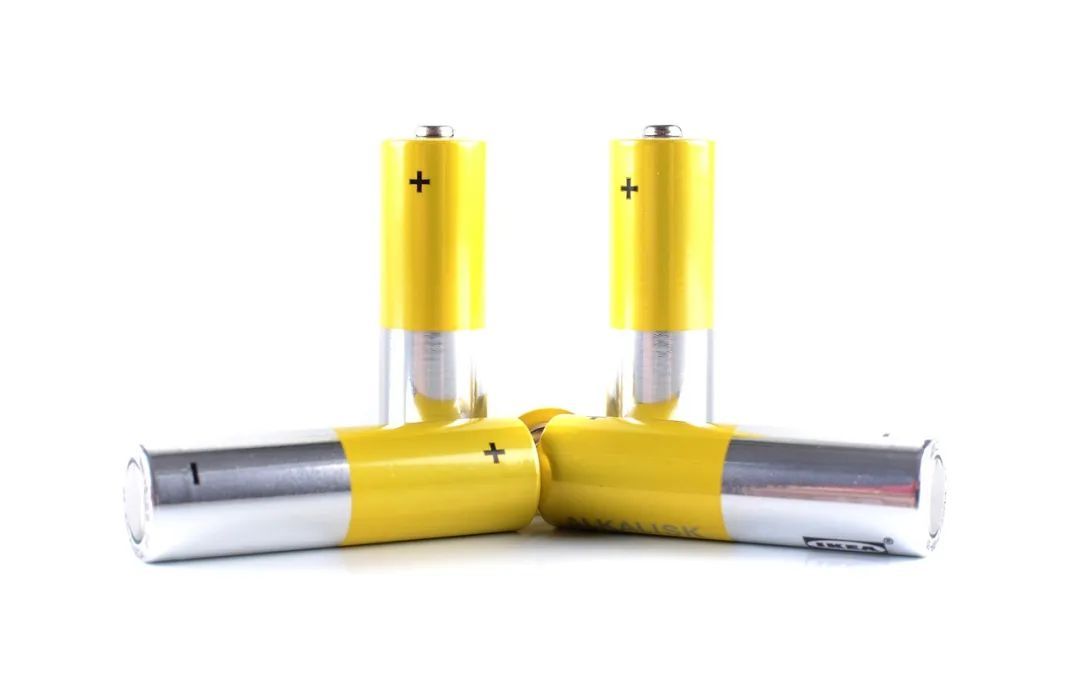Dry cargo | Dangerous goods transportation, what are the precautions?
NO.1 EU new battery law will take effect

On August 17, the "EU Batteries and Waste Batteries Regulations", which has been officially announced by the EU for 20 days, will come into effect. According to the "New Battery Law", from 2027, power batteries exported to Europe must hold a "battery passport" that meets the requirements, recording the battery manufacturer, material composition, carbon footprint, supply chain and other information. This will have a major impact on the export of Chinese power battery companies to Europe.
People in the industry believe that after the implementation of the "New Battery Law", my country's battery companies will have to overcome at least three obstacles when exporting to Europe: one is to supplement and improve the carbon footprint statement; the other is to meet the EU's requirements for the recycling and recycling of battery materials; Addressing the Challenge of Information Disclosure in Battery Passports.
NO.2 Japan's export surge drives GDP growth by 6%

Japan's economy has expanded much faster than expected, driven by strong exports. Gross domestic product grew at an annualized rate of 6% in the second quarter, the fastest pace since the fourth quarter of 2020, according to data from the Cabinet Office. The economic data beat economists' forecast for 2.9 percent growth. Net exports contributed 1.8 percentage points to economic growth, compared with market expectations of 0.9 percentage points.
In addition, economic data suggested that the world's third-largest economy continued to recover from the pandemic, even as economists see headwinds looming in the U.S. and Europe. The result is in line with the view of the International Monetary Fund, which recently raised Japan's growth rate to 1.4% in 2023.
NO.3 Indian e-commerce orders soared by 26.2%

According to a 2023 Indian e-commerce index report released by the e-commerce SaaS platform Unicommerce, the order volume of the Indian e-commerce industry in fiscal year 2023 will increase by 26.2% year-on-year, and the GMV will increase by 23.5%. Among the many e-commerce markets, the growth rate of the Indian market can be described as quite good.
Specifically, there are three major categories that have achieved relatively rapid growth in the past year, namely electronic products and accessories, glasses and accessories, and beauty and personal care. Among them, the order volume of electronic products and peripheral equipment in fiscal year 2023 increased by 46.8% year-on-year, and the GMV increased by 20.6%; the order volume of glasses and accessories increased by 44.6% year-on-year, and the GMV increased by 52.8% year-on-year; the order volume of beauty and personal care business increased year-on-year An increase of 26.6%, GMV increased by 18.9% year-on-year.
The main reasons for the growth of these categories include the continuous influx of new brands into the market, more cost-effective products, and the increase in the number of young consumers. In addition, emerging categories such as home decoration and health and pharmaceuticals also achieved significant growth.
NO.4 Cool and functional fabrics are the biggest selling points this summer

According to foreign media reports, affected by the record high temperature, global consumers' demand for summer clothing has soared. Retailers such as Macy's and Columbia Sportswear are expanding their use of "breathable" and "cooling" fabrics to drive sales.
In addition, larger companies including VF Corp and Reformation are also heavily promoting sales of Tencel fabric products. Austrian fabric giant Lenzing claims that Tencel, a fiber made from lyocell, absorbs sweat better than cotton. The report pointed out that as inflation continues to rise, consumers are prioritizing spending on necessities rather than non-essentials. In order to stimulate consumer spending, clothing retailers have stepped up marketing efforts in cooling clothing, and clothing production and sales companies are also using more lightweight materials and functional fabrics.
NO.5 Switzerland and Liechtenstein withdraw restrictions on Japanese food imports

According to Kyodo News, Switzerland and Liechtenstein on August 15 lifted import restrictions on Japanese-produced food imposed after the Fukushima nuclear accident in 2011. The Ministry of Agriculture, Forestry and Fisheries of Japan announced the news.
Like the European Union, which lifted import restrictions on the 3rd of this month, the two countries no longer require some foods imported from Fukushima and other 10 counties to provide radioactive substance detection certificates.




















